27, December 2019
At least 30 killed in clashes between militia, traders in Central African Republic 0
At least 30 people were killed in fighting between militiamen and traders in a restive district of Bangui, the capital of the Central African Republic, a security official and a local imam said Thursday.
“Thirty bodies have been brought to the mosque,” said Awad Al Karim, the imam of the Ali Babolo mosque in a district called PK5 that became a haven for many Bangui Muslims at the peak of Christian-Muslim clashes in the country.
A security official, who asked to remain anonymous, also put the number of dead at at least 30, without providing any further details.
The fighting began after traders in the district took up arms to oppose taxes levied by militia groups, the imam said.
Bursts of automatic fire and explosions were heard on Wednesday evening and on Thursday morning, according to an AFP journalist who was in a neighbouring district.
The head of the African Red Cross, Antoine Mbaobogo, said the toll “stood at 23 at 4:00 pm (3:00pm GMT) but could now be 33,” adding that there were still bodies near the market.
Neither the UN peacekeeping force MINUSCA nor the CAR authorities have been able to assert control over the PK5 district.
And MINUSCA did not provide any exact toll from the fighting, saying only there had been “dozens of victims”.
MINUSCA spokesman, Bili Aminou Alao, said a rapid response force had been sent to the area.
“Part of the market and some vehicles have been burned,” he said.
“Between 40 and 50 shops have been burned down, as well as four or five houses,” said Patrick Bidilou Niabode, head of the CAR’s civil protection service.
Voluntary firefighters put out two fires which had been spreading in the market but were unable to tackle a blaze at two houses because of heavy gunfire, he added.
Powder keg
The CAR is one of the world’s poorest and most volatile countries.
It has been gripped by sporadic violence since 2014, after then-president Francois Bozize was ousted in a coup.
Fierce fighting then erupted between predominantly Christian and Muslim militia, prompting the intervention of former colonial power France, under a UN mandate.
Attempts to broker a lasting peace have repeatedly broken down and most of the country lies in the hands of armed groups, who often fight over the country’s mineral resources.
The PK5 district is a powder keg. In April 2018, MINUSCA, responding to appeals by local traders, launched an anti-militia operation named Sukula (“Clean-up” in the CAR language of Sango).
The operation ended bloodily with the death of about 30 people and a hundred wounded, sparking a wave of anger among local people.
The CAR’s long conflict has forced nearly a quarter of the country’s 4.7 million people to flee their homes.
The United Nations estimated in September that two thirds of the population depends on humanitarian aid to survive.
The country is ranked next-to-last after Niger on the 2018 UNDP’s Human Development Index, which compares longevity, education, and income per capita. Life expectancy is just 52.9 years.
(AFP)
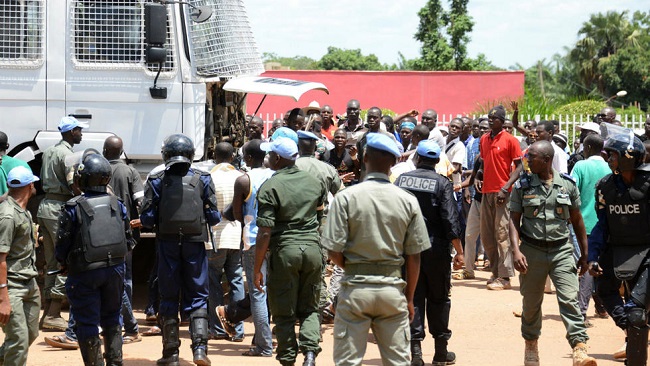
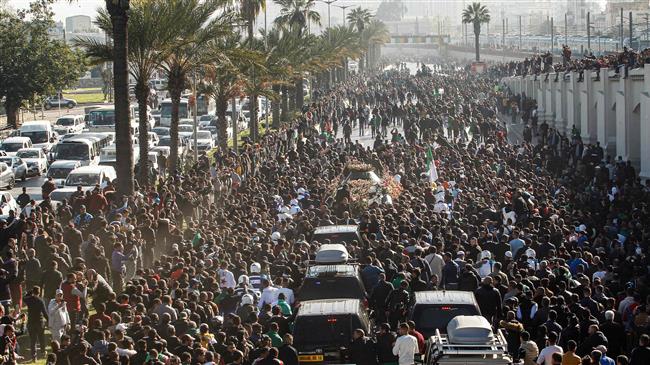

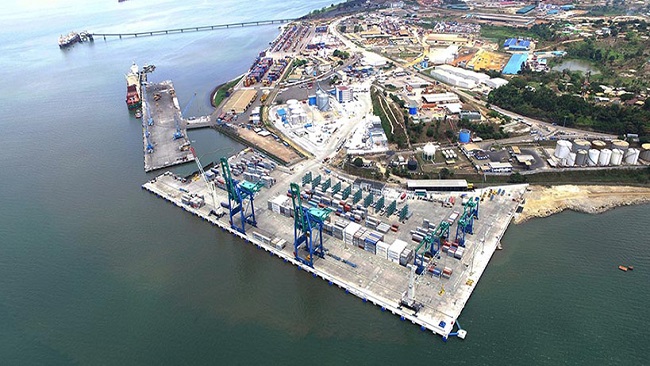
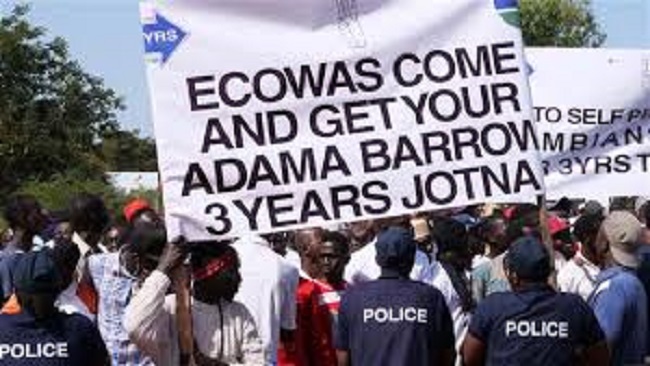


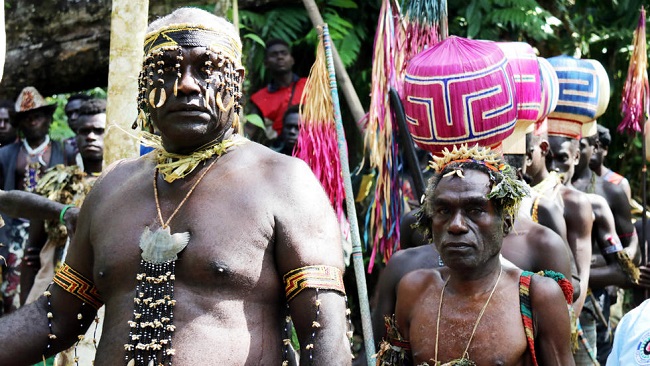
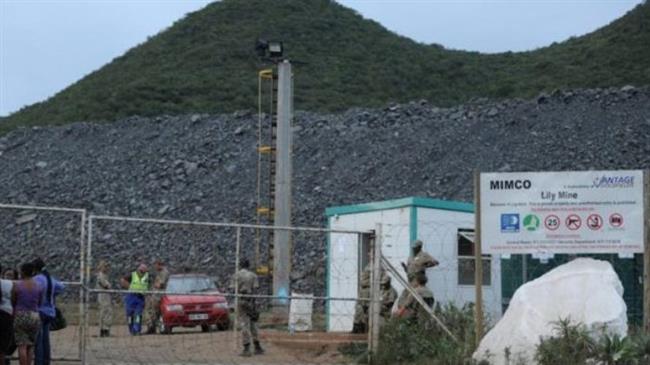

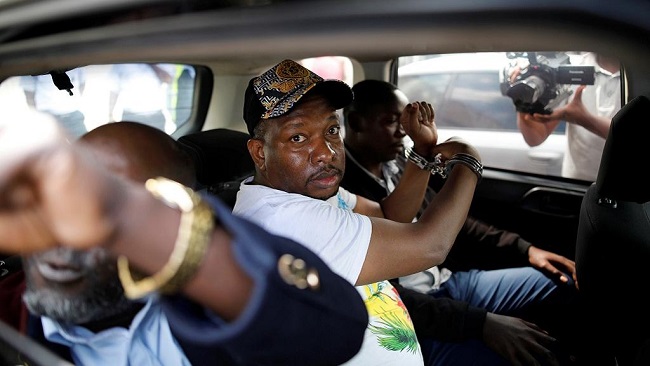
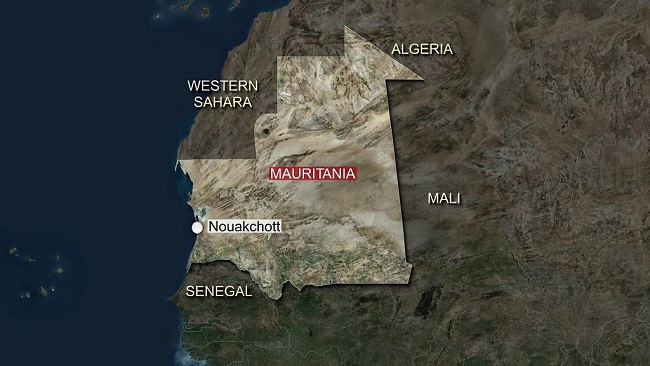

















31, December 2019
Former Ivory Coast political leader Blé Goudé says sentenced in absentia to 20 years jail 0
Former Ivory Coast political leader Charles Blé Goudé said Monday he had been sentenced in absentia to 20 years in prison by an Ivorian court over murder, rape and torture charges.
Blé Goudé was cleared of crimes against humanity at the International Criminal Court in the Hague this year, along with his former boss, Ivory Coast ex-president Laurent Gbagbo.
But following his acquittal, an Ivorian court brought a fresh trial against him over the 2010-2011 bloodshed which followed a disputed vote in the West African nation.
The former aide to Gbagbo, who has remained in the Netherlands following his ICC trial pending a possible appeal by the prosecution, told AFP the Ivorian court had convicted him on Monday.
He said he was “surprised by the verdict”, adding that he had been sentenced to 20 years in prison, 10 years deprivation of his civil rights, and a fine of 200 million CFA francs ($340,000) to be paid to the victims.
The court has issued an arrest warrant for him, he added.
About 3,000 people died in the turmoil that swept Abidjan — once one of Africa’s most cosmopolitan cities — in the aftermath of the November 2010 presidential polls when Gbagbo refused to accept defeat to bitter rival Alassane Ouattara, who remains in power.
Leonard Lebry, the prosecutor general at the Court of Appeal in Abidjan has previously said the case against Blé Goudé — once dubbed the “general of the streets” for his ability to mobilise Gbagbo supporters during the conflict — was “wider” than the ICC prosecution and covered different events.
“The court will try him (Blé Goudé)” for allegations of “torture, murder, rape”, Lebry said last month.
Gbagbo, the first former head of state to stand trial at the ICC, and Blé Goudé were tried over responsibility for murder, attempted murder, rape, persecution and “other inhumane acts” during five months of violence, both pleading not guilty.
They were released by the ICC to live in Belgium in February under conditions including that he would return to court for any prosecution appeal against his acquittal.
Blé Goudé is living in the Netherlands under similar conditions.
Last month the Ivorian court rejected an appeal over the January 2018 sentencing of Gbagbo and three aides for the “robbery” of the Central Bank of West African States (Bceao) during the post-election crisis.
The opposition has claimed Ouattara is attempting to prevent Gbagbo returning to the country ahead of 2020 elections expected to be a crucial test for Ivory Coast, which has long been west Africa’s top economic performer and is the world’s leading cocoa producer.
The court conviction comes in the same month that an arrest warrant was issued for former rebel leader and would-be Ivory Coast presidential candidate Guillaume Soro, who aborted his planned return to the country at the last minute.
(AFP)